In a world where digital presence is almost unavoidable, online security has become more critical than ever. Whether you’re browsing, shopping, or working online, the need to protect your data and privacy cannot be overstated. One tool that has gained prominence in this domain is the mobile proxy server. But what exactly is a mobile proxy server, and how does it contribute to online security? This guide will walk you through everything you need to know.
What is a Proxy Server?
Before diving into mobile proxy servers, it’s essential to understand what a proxy server is. A proxy server acts as an intermediary between your device and the internet. When you make a request to access a website, the request is routed through the proxy server, which then forwards it to the website. The website’s response is sent back to the proxy server, which in turn, sends it to you. This process can mask your IP address, providing an additional layer of privacy.
Different Types of Proxy Servers
Proxy servers come in various forms, including:
- HTTP Proxies: Designed specifically for web traffic.
- SOCKS Proxies: Can handle any type of traffic, including email, FTP, and P2P.
- Transparent Proxies: Reveal your IP address but can still filter content.
- Anonymous Proxies: Hide your IP address from the destination website.
Each type serves a different purpose, but the common goal is to enhance privacy and security online.
Understanding Mobile Proxy Servers
A mobile proxy server is a specific type of proxy that uses mobile IP addresses to route your internet traffic. These IP addresses come from mobile devices like smartphones or tablets, which are connected to cellular networks. This makes mobile proxies distinct from residential or data center proxies, which use IP addresses from broadband providers or data centers, respectively.
The Role of Mobile Proxy Servers in Online Security
Mobile proxy servers play a crucial role in enhancing online security by masking your real IP address with one associated with a mobile device. This not only helps in keeping your identity anonymous but also makes it harder for malicious entities to track your online activities.
Enhancing Anonymity Online
One of the significant benefits of using a mobile proxy is the enhanced anonymity it provides. By masking your actual IP address with a mobile IP, it becomes challenging for websites or hackers to track your location or online behavior.
Protection Against Cyber Threats
Mobile proxies add an extra layer of security by preventing direct access to your device’s IP address. This can help protect against cyber threats like Distributed Denial of Service (DDoS) attacks, phishing, and malware.
How Mobile Proxy Servers Work
When you use a mobile proxy server, your internet requests are routed through a mobile device connected to a cellular network. The process is simple:
- Connection to the Proxy: Your device connects to the mobile proxy server.
- Request Routing: The proxy server routes your request through a mobile IP address.
- Response Forwarding: The server forwards the website’s response back to you.
This process helps in disguising your IP address, making your online activities more secure and private.
Benefits of Using Mobile Proxy Servers
The advantages of using mobile proxies extend beyond just anonymity and security:
Improved Privacy
Mobile proxies help keep your online activities private by masking your IP address. This is particularly useful when you’re accessing sensitive information or using public Wi-Fi networks.
Enhanced Data Protection
By routing your traffic through a mobile IP, mobile proxies can help protect your data from being intercepted by cybercriminals. This is especially important when dealing with personal or financial information online.
Access to Geo-Restricted Content
Many websites and streaming services restrict content based on your geographic location. Mobile proxies allow you to bypass these restrictions by using an IP address from a different region.
Mobile Proxy Servers vs. VPNs
While both mobile proxy servers and VPNs (Virtual Private Networks) are used to enhance online security, they serve different purposes and function differently.
Key Differences and Similarities
- Encryption: VPNs encrypt all your internet traffic, while proxies do not.
- Speed: Proxies are generally faster than VPNs because they don’t encrypt data.
- Usage: VPNs are better for comprehensive security, while proxies are ideal for tasks requiring high speed and minimal encryption.
When to Use a Mobile Proxy vs. a VPN
Use a mobile proxy when you need to manage multiple accounts, bypass geo-restrictions, or scrape data. A VPN is better for secure browsing, especially on public Wi-Fi.
Common Use Cases for Mobile Proxy Servers
Mobile proxy servers are widely used in various industries for different purposes:
Social Media Management
Businesses often use mobile proxies to manage multiple social media accounts without getting flagged or banned by platforms like Instagram or Twitter.
Ad Verification
Mobile proxies are used to verify ads and ensure they are being displayed correctly across different regions and devices.
Market Research
Companies use mobile proxies to gather data from websites, compare prices, and monitor competitors without revealing their identity.
Potential Risks of Using Mobile Proxy Servers
While mobile proxies offer numerous benefits, there are potential risks:
Misuse by Malicious Entities
Like any technology, mobile proxies can be misused by cybercriminals to carry out illegal activities or launch attacks.
Dependence on Third-Party Providers
Using a mobile proxy often means relying on a third-party provider, which can pose risks if the provider is not trustworthy or secure.
How to Choose the Right Mobile Proxy Server
Selecting the right mobile proxy server is crucial for ensuring security and performance:
Factors to Consider
- Reliability: Ensure the provider has a strong reputation for uptime and performance.
- Speed: Choose a proxy that offers fast connection speeds.
- Security Features: Look for proxies with robust security features, such as IP rotation and encryption.
Recommended Providers
Some reputable mobile proxy providers include Luminati, Smartproxy, and ProxyMesh. These providers offer reliable services with strong security features.
Setting Up a Mobile Proxy Server
Setting up a mobile proxy server is straightforward:
- Choose a Provider: Select a reliable mobile proxy provider.
- Configure Your Device: Follow the provider’s instructions to configure your device to use the proxy.
- Test the Connection: Ensure the proxy is working correctly by checking your IP address and browsing speed.
Tips for Optimal Configuration
- Rotate IP Addresses Regularly: This helps in maintaining anonymity.
- Monitor Performance: Regularly check the speed and reliability of the proxy connection.
Mobile Proxy Servers for Businesses
Businesses can significantly benefit from using mobile proxy servers:
Importance in Corporate Environments
Mobile proxies can help businesses secure their data, manage multiple online accounts, and conduct market research without revealing their identity.
Case Studies of Businesses Benefiting from Mobile Proxies
Many businesses in industries like digital marketing, e-commerce, and cybersecurity have successfully used mobile proxies to enhance their operations and security.
Legal and Ethical Considerations
While mobile proxies are legal in most countries, it’s essential to use them ethically:
Legality of Using Mobile Proxies
In most regions, using a mobile proxy is legal, but it’s important to ensure you’re not violating any terms of service or engaging in illegal activities.
Ethical Use and Potential Implications
Always use mobile proxies responsibly, especially when gathering data or managing multiple accounts, to avoid unethical practices that could harm others or lead to legal consequences.
The Future of Mobile Proxy Servers
The landscape of online security is continually evolving, and mobile proxies are likely to play an increasingly important role:
Emerging Trends and Technologies
Technologies like AI and machine learning are being integrated into proxy services to improve performance and security.
Predictions for the Next Decade
As cyber threats become more sophisticated, the demand for mobile proxies is expected to grow, with advancements in speed, security, and reliability.
Conclusion
Mobile proxy servers are a powerful tool for enhancing online security, offering anonymity, data protection, and access to restricted content. Whether you’re an individual looking to secure your browsing experience or a business aiming to protect sensitive data, mobile proxies provide a versatile and effective solution. As online threats continue to evolve, adopting mobile proxies can help you stay one step ahead in the game of digital security.
FAQs
What is the main advantage of using a mobile proxy server? The main advantage of using a mobile proxy server is the enhanced anonymity and security it provides by masking your IP address with a mobile IP, making it harder for malicious entities to track your online activities.
Can mobile proxies completely protect against all cyber threats? While mobile proxies offer a significant level of protection, they cannot completely guard against all cyber threats. They should be used in conjunction with other security measures, like antivirus software and firewalls.
Are mobile proxy servers legal to use? Yes, mobile proxy servers are legal to use in most countries, but it’s important to use them ethically and in accordance with local laws and regulations.
How do mobile proxies affect internet speed? Mobile proxies may slightly reduce internet speed due to the additional step of routing traffic through a proxy server, but reputable providers typically minimize this impact.
What is the cost of using a mobile proxy server? The cost of using a mobile proxy server varies depending on the provider and the level of service required. Prices can range from a few dollars per month to several hundred dollars for premium services.

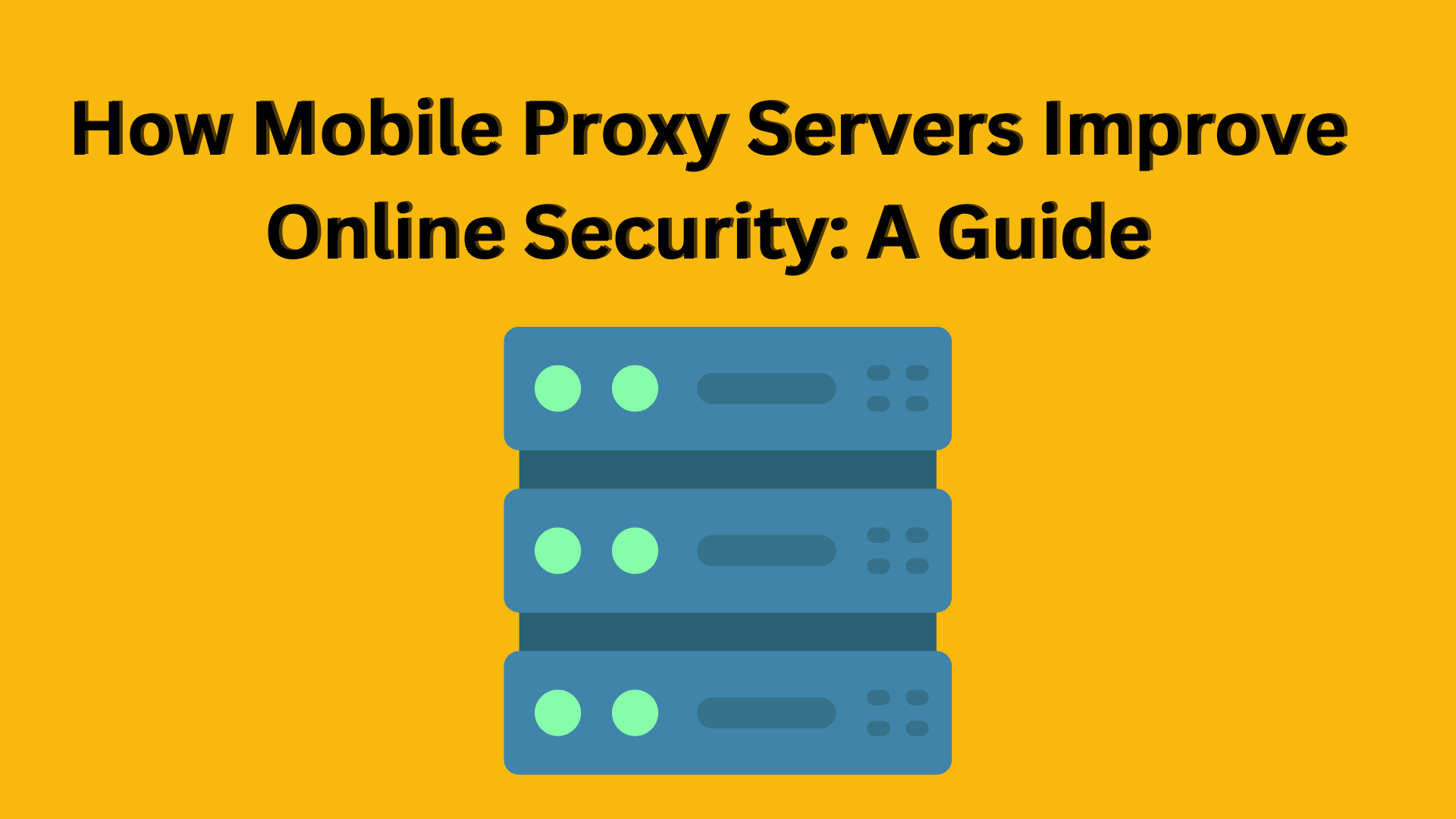
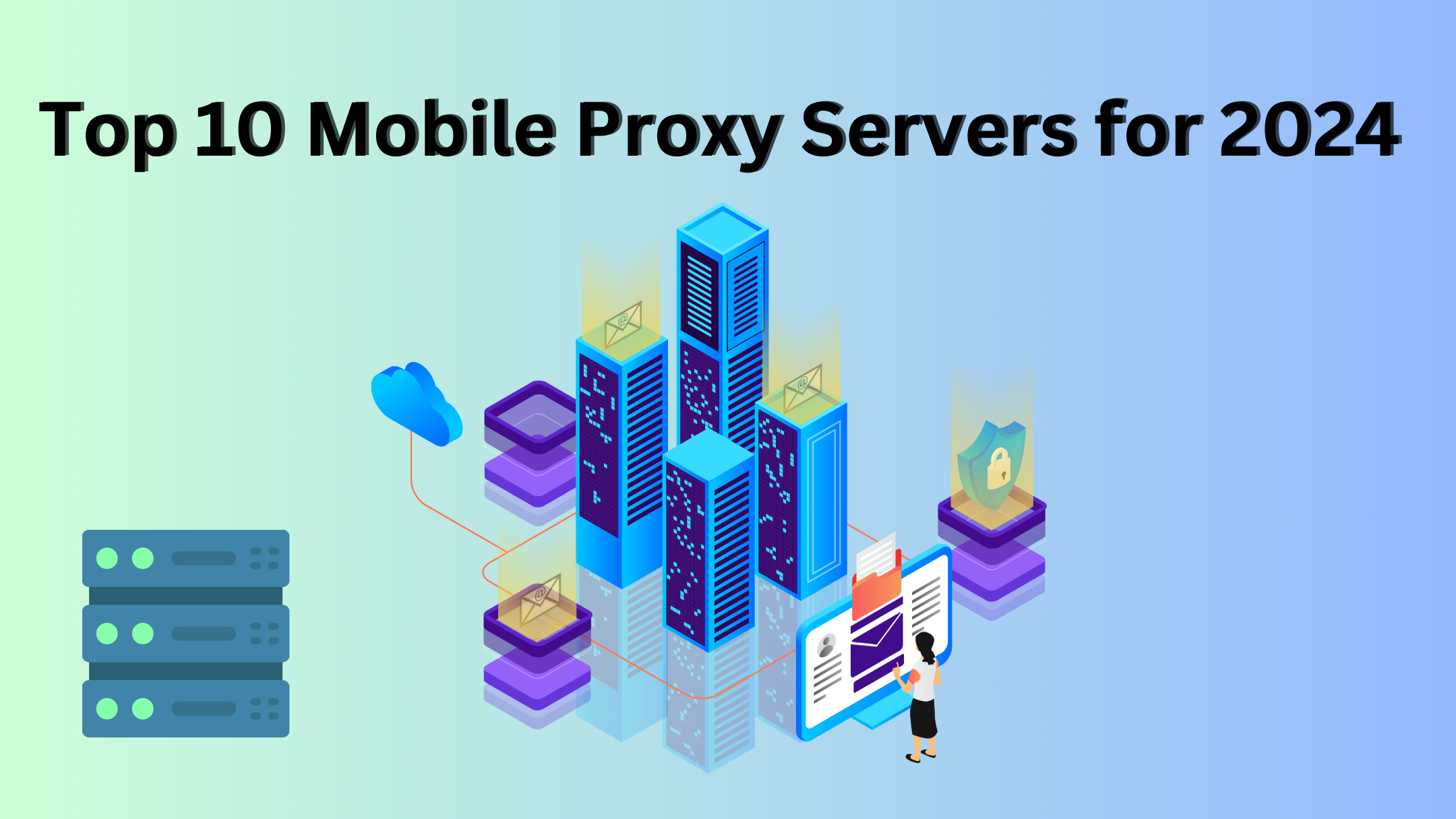
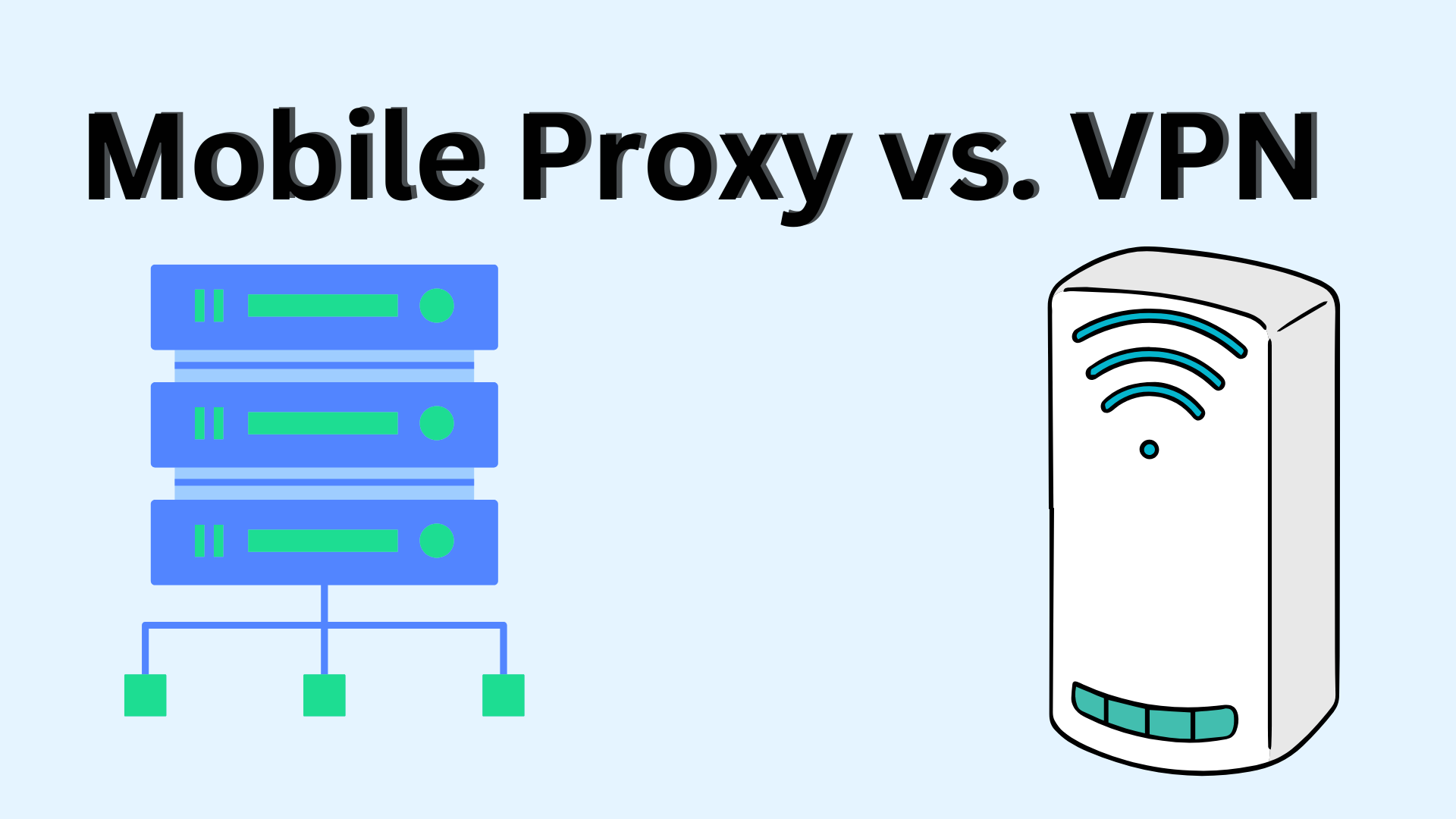
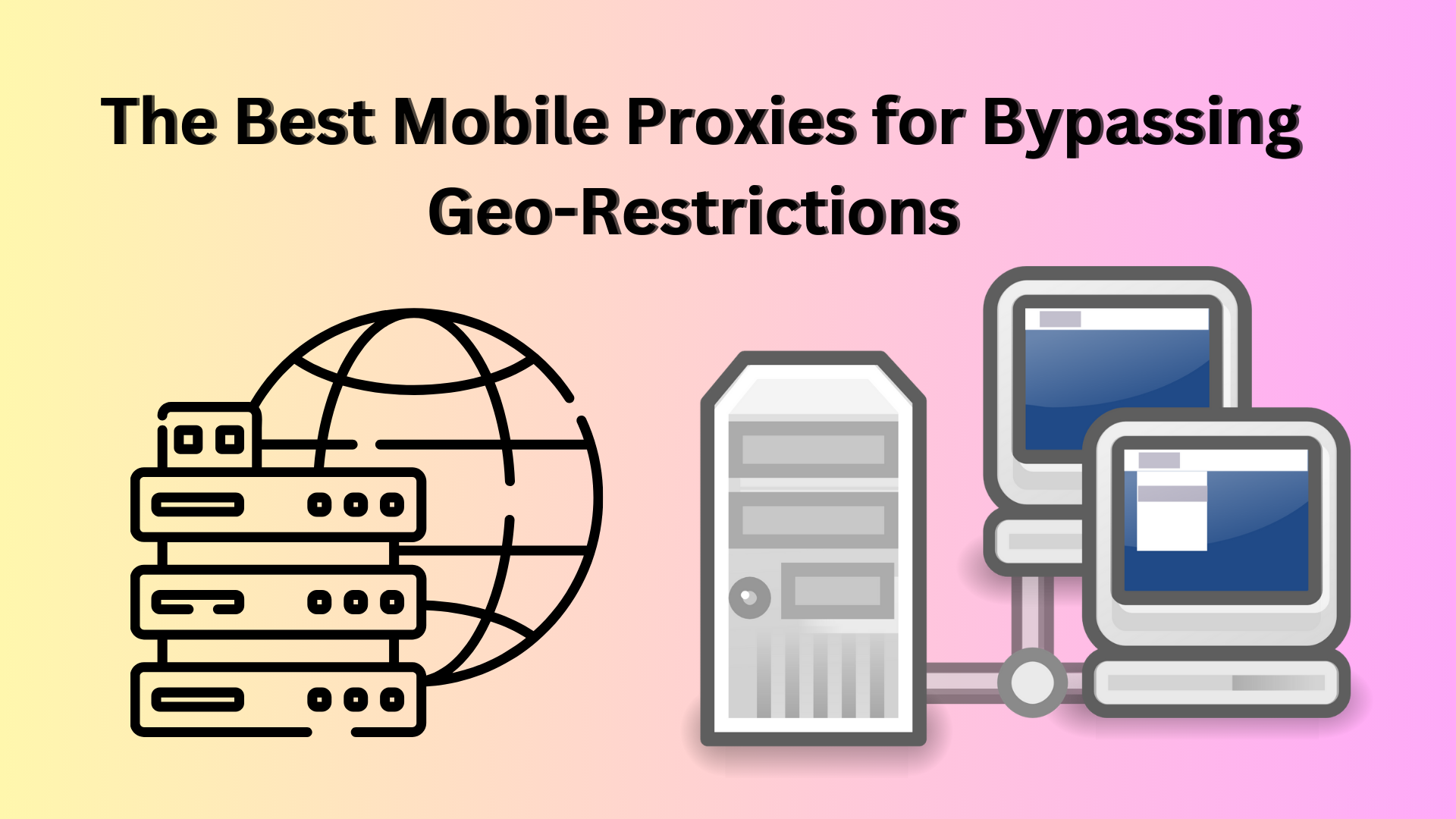
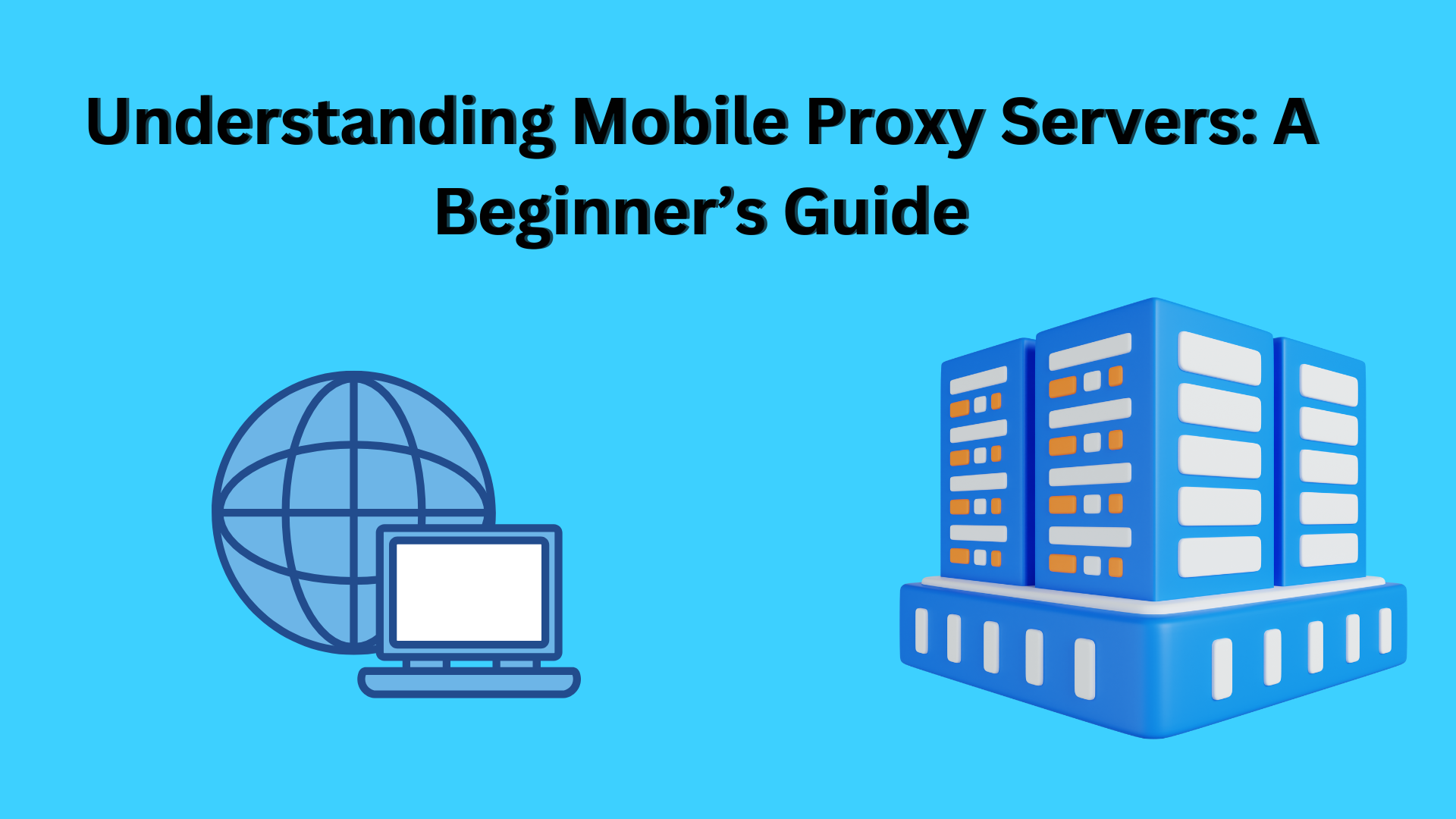
Pingback: How Does SOCKS5 Mobile Proxy Work?
Pingback: Mobile Data Proxies